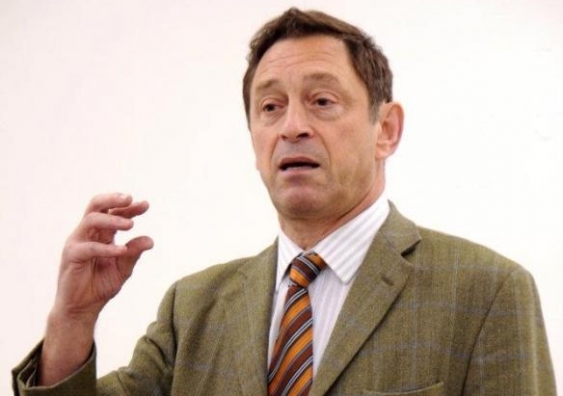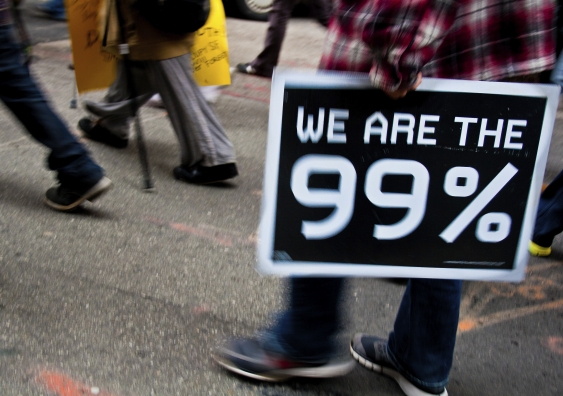Western society is exploiting a growing and particularly vulnerable working class whose members are saddled by low wages and unsustainable debt, Australia’s largest social policy conference has been told.
In a rousing presentation, economist Guy Standing from the University of London’s School of Oriental and African Studies said since the 1980s, a new world order had emerged with the dismantling of commonly held resources.
“What we have seen in the last 30 years or so is literally a war on all institutions that gave micro-rights, rights of belonging to communities of different sorts,” said Standing, who delivered today's keynote at the Australian Social Policy Conference at UNSW.
“The education system used to stand against the market, it used to be a zone of the enlightenment, learning to be subversive, learning to question the existing state. Increasingly, it’s turned into an industry where everyone has to be competitive,” he said.
At the bottom of the heap, between the old proletariat and an underclass of the incredibly poor, Standing said a new class was emerging he called the “precariat” – those living hand-to-mouth outside traditional norms of full-time work or self-employment.
“More and more people are being converted into denizens not citizens, losing civil rights, losing cultural rights, losing social rights, losing political rights and losing economic rights…"
The precariat was characterised by unstable working habits and living standards, lack of an occupational identity and “a hell of a lot of work”, much of which was brokered and executed online.
It was a life pitted with poverty traps, irrational choices between low benefits and even lower wages, and unsustainable debt. These workers are worse off because of a quadrupling of global labour supply, as a result of cheap labour from developing countries, which has led to a dramatic erosion of rights and wages.
“More and more people are being converted into denizens not citizens, losing civil rights, losing cultural rights, losing social rights, losing political rights and losing economic rights… taking away institutional supports and communities that at least give you a chance for dignity and possibility for survival,” he said.
“You’re reduced to being a supplicant who has to ask for favours from bureaucrats, from authority figures, from charities, from institutions that you don’t understand and you wish you didn’t need. Constantly being a supplicant erodes the sense of agency and turns you into a figure to be pitied or condemned or both.”

"I believe that we are not going to repeat history, I believe that a new progressive politics is emerging and taking place remarkably quickly" ... Professor Guy Standing
Standing said the precariat was the “first class in history where the global average level of education is greater than the global average of labour they’re expected to perform” and included migrants and minorities and a disaffected class of progressive graduates.
"We could easily have a neoliberal dystopia opening up in front of us."
Confronting a crossroads, Standing said society faced two possibilities – stagnation or reform.
“We could easily have a neoliberal dystopia opening up in front of us: more and more surveillance, more 'workfare', more neo-populist politics dominated by plutocratic money, more commercialisation and loss of the commons, the squeezing of freedoms for a growing proportion of people,” he said.
“But I believe that we are not going to repeat history, I believe that a new progressive politics is emerging and taking place remarkably quickly by historical standards.”
Standing said although the new Labour leader in the UK, Jeremy Corbyn, is “unelectable”, his recent elevation represented the will of the precariat and an important breaking of the mould, as did the 2011 Occupy movement, the Arab Spring and anti-austerity protests in Spain.
He said meaningful change must feature a radical rethink on what constitutes work and provision of a basic income and have three central tenets – improved security and rights for the vulnerable, curbs on discretionary power at the top and the same obligations and controls for both rich and poor.
Hosted by UNSW's Social Policy Research Centre, the biennial Australian Social Policy Conference brings together more than 300 leading national and international researchers, practitioners and policy makers with a view to influencing debate and practice.



